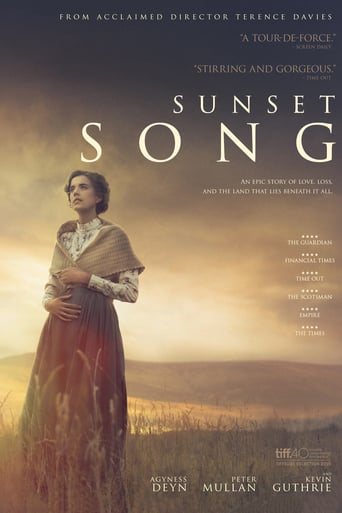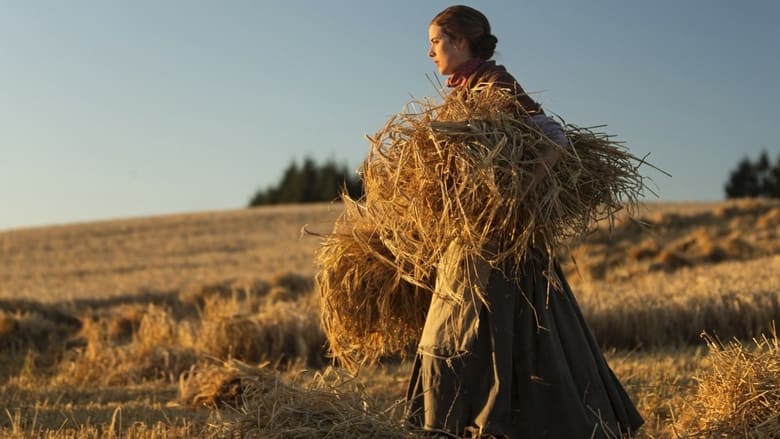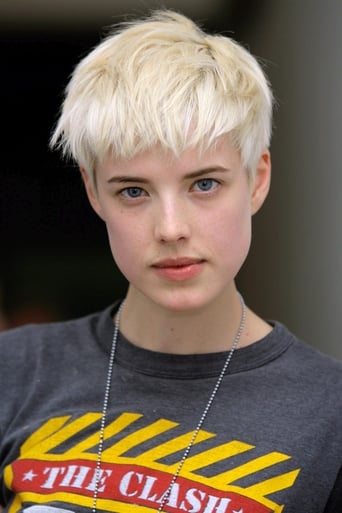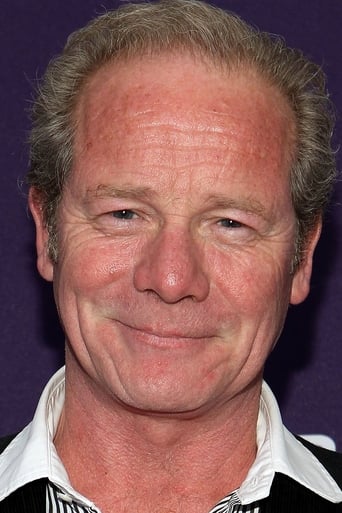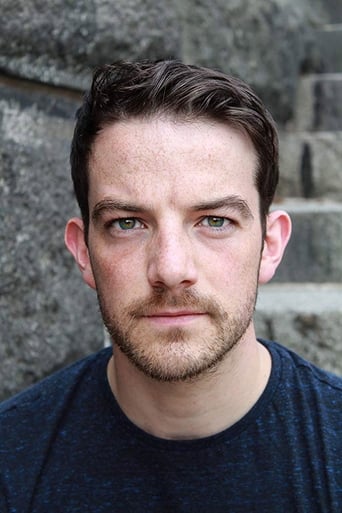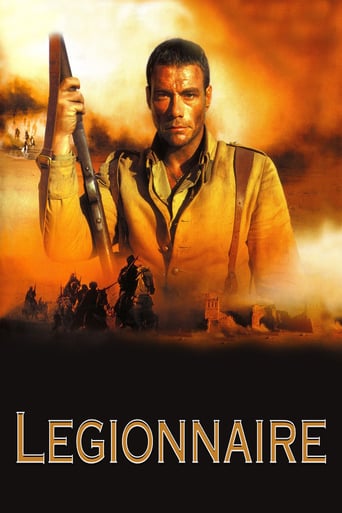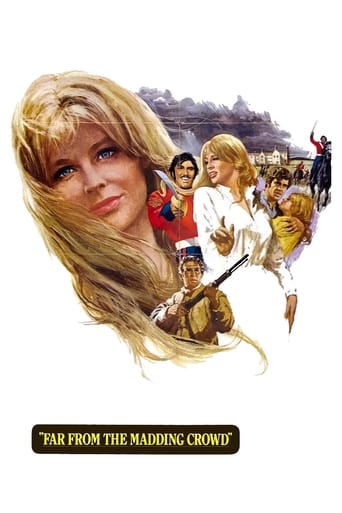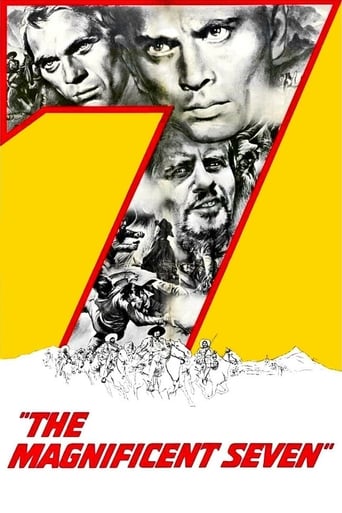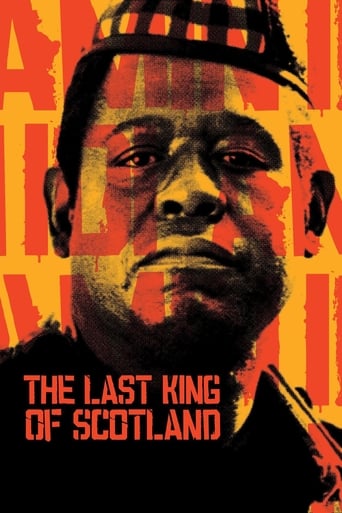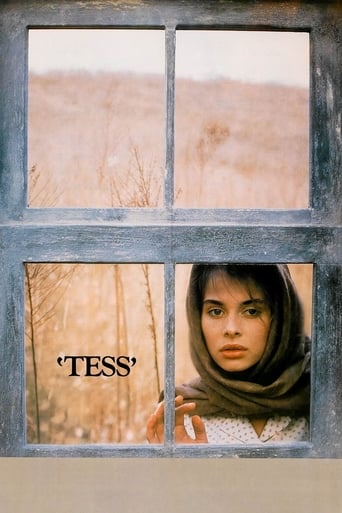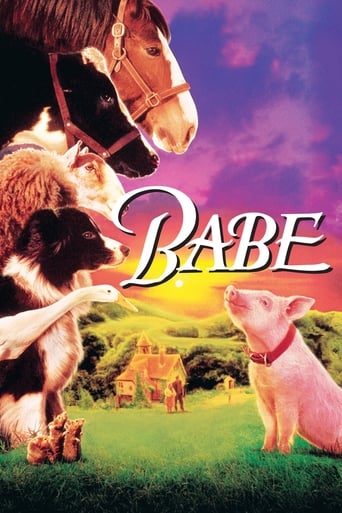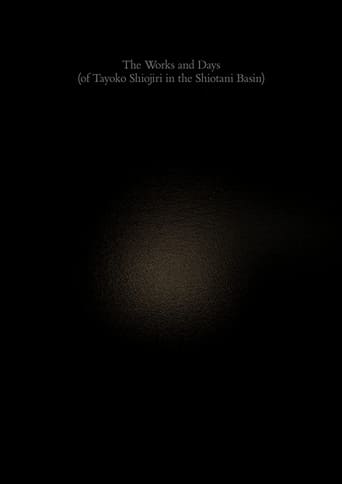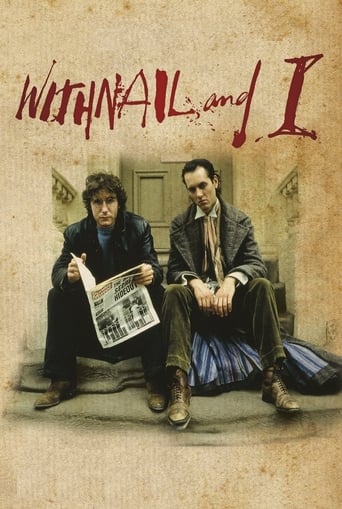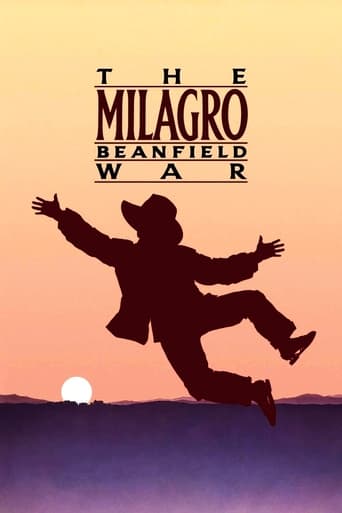Sunset Song (2016)
The daughter of a Scottish farmer comes of age in the early 1900s.
Watch Trailer
Cast


Similar titles
Reviews
Best movie of this year hands down!
I wanted to like it more than I actually did... But much of the humor totally escaped me and I walked out only mildly impressed.
By the time the dramatic fireworks start popping off, each one feels earned.
True to its essence, the characters remain on the same line and manage to entertain the viewer, each highlighting their own distinctive qualities or touches.
Terence Davies is a brilliant director who specializes in period pieces, dimly lit interiors and fraught family dramas, and it's great that almost all of his films are available for streaming. Unlike "A Quiet Passion," an audacious reimagining of the life of Emily Dickinson, "Sunset Song" is a pretty straightforward adaptation of a classic novel, though not without some distinctive personal touches. Davies took some heat in the UK for casting a flawless former model (an English one at that) as a rugged Scottish farm girl, but Agyness Deyn acquits herself very well in the role of Chris Guthrie. If he does have a fault though, it's that he seems to think of plot and character as necessary evils, to be dealt with as briskly as possible so he can linger over the atmospherics--the grittiness of daily life, tense family meals and boisterous communal feasts, the beauty of "the lond" (mostly shimmering fields of wheat shot in 65 mm). If I remember the BBC series from the 70s correctly, Chris's father, John, who dominates the first half of the film, was a more complex personality, a conscience-stricken Calvinist who can't stay away from his wife even after a nearly fatal pregnancy, like an earthier version of a Dreyer or Bergman character. Davies presents him simply as a sex-crazed ogre, which makes Peter Mullan ("Top of the Lake") the obvious casting choice.Later on, the film's dramatic climax is handled a bit awkwardly: Chris's husband, Euan, and his friends, all neighboring farmers, are shamed by the community into joining up when war breaks out with Germany in 1914--we get to hear the minister sermonizing that "the mon they call the kaiserrr is none other than the Antichrrrist!" We aren't at all prepared for Euan's transformation from a dutiful, loving husband to a randy, foul-tempered bully when he returns for his first leave--a less godfearing replica of the unlamented John Guthrie. A flashback that tells the rest of Euan's story, narrated by one of his comrades at the front, is even harder to reconcile with what's gone before. Having said all that, I still recommend the film. It's by no means Davies's best, but Chris's story is well told, with exceptions noted, and cinematographer Michael McDonough ("Winter's Bone") does an amazing job of realizing Davies's vision of "the power and cruelty of both family and nature."
(Flash Review)Taking place in the early 1900's in Scotland, the story follows the challenges of a farmer woman from her youth to young adult and the dramatic challenges placed in front of her. How does she and her brother deal with a physical and an emotionally abusive father as he mistreats them and his wife? How she takes control of her life when she finds prosperity and love? And later when war comes to their land, how will she handle the situation her new husband is placed in and the effects on him and their family? This film is told at a properly quiet pace for the period and culture. With its measured pace, it still delivers many dramatic and emotional moments with the help of stunning cinematography that really punctuates the scenes. While subdued, the actors wear their emotions with a raw passion. Overall, this is a solid emotionally dramatic period piece with a barrage of painterly cinematic scenes.
As I watched this movie I grew sadder with each passing minute. Not because the movie was sad but because this movie was someone's baby and it is never pleasant to see someone's dreams and hard work come to nought. I would like to say this is a great movie. Failing that I would like to say it is a good movie. However I cannot do this, because it is not. This is not so much a movie but a set of fragments, literally EVERY one of which either makes no sense, is totally and unrealistically contrived, overacted, irrelevant, and in many cases all of the above. We have a classroom scene in which someone says "oh,oh,oh butin", very interesting I'm sure but...why? We have two girls walking along a path, saying ridiculous things and displaying lesbian tendencies but why? After this we never see one of these girls again. We have a girl called Christine - annoyingly called by everyone "Chris" – surely a nickname that would only used by her family and a few close friends. This "Chris" has a brother with whom she seems to have a relationship that is close enough to be disturbing. For no apparent reason the brother starts spouting nonsense rhymes which include the work "Jehovah". Apparently his father has been stalking him for he is waiting outside the door eavesdropping and beats the living daylights out of the son for using the Lord's name in vain. The father ostentatiously cleans his gun, so we know that we can expect a scene involving this. Sure enough in the next scene, the son, again for reasons which are not clear, against all advice, uses said gun and once again gets the living daylights beaten out of him by his Father. Subsequently we see the brother half naked, cradled in his sister's arms, as of course you do in these circumstances. The marks on the son's back are completely inconsistent with the punishment he has received, and as regular as graph paper. The father gets a new harvester and although presumably the arrival of such an expensive, large and unusual piece of equipment must surely have been the talk of the community, apparently the son is only aware of it once it is put into action. Despite the wonder of this device neither father nor son is in the least bit interested in its results. Harvesting the cut wheat apparently consists of picking it up and putting it down again a few feet away. A worker randomly arrives from nowhere and the father is he hires him immediately when just a minute before he didn't need anyone. Chris delivers said worker a meal and he fondles her legs, with Chris just standing there seemingly enjoying it. What does this mean? Next up we have a gratuitous look at Chris admiring her nude self in the mirror – ah, proving what? We never see the worker again. There is a storm, simulated by what appears to be a couple of sparklers tied to some fence posts. Chris goes out to look after the horses. For reasons difficult to explain the neighbours are also out shouting "Chris, Chris", as you do in a storm. Fast forward, Chris gets married. There is a brief and pointless appearance by a Miss Melon who duly leaves having contributed nothing. One night the father in law suddenly arrives in uniform – apparently they give these to you as soon as you enlist. In what seems to be an outtake of village of the dammed we see scores of people wandering through the cornfields to get to church. By and by the husband also suddenly walks out of the house to enlist. Sometime later he just as suddenly arrives back a completely different person, I mean a COMPLETELY different person. Perhaps this is supposed to mean something but I don't know what. In due course he leaves again. Chris gets a message saying her husband has been killed and falls about crying "they're lying" about 100 times. We see the husband in flashback before he is shot for desertion. Miraculously his original personality has returned and almost as miraculously in time of war his father is there to visit him. Outside deserters are getting shot one after the other in some sort of assembly line when in actuality only 400 people deserters were shot in the entire course of the war. The husband is shot by 4 riflemen, as opposed to the usual dozen, and what's more they do so with no orders. Meanwhile back at home Chris is talking to her husband's shirt, yes that's right TALKING TO HIS SHIRT, saying that she understands, which is just as well because none of the audience do. Stringing together all these meaningless fragments of nothing we have a turgid narration that seems as it was written by a "random angst generator" on a computer. I don't think I have ever heard so much rubbish and cod-philosophy in my life - the only message I got out of it is that apparently "Chris is the land", very deep I am sure. None of the characters are the least bit interesting or likable. I could care less about any of the characters – Chris, the father, the mother, the brother, the husband – none of whom resemble, act like, talk like, think like, any rational human being I have ever met. And what does it all mean? Is there actually a point? War is Hell? Life in Scotland in the 1910's was Hell? Being a woman is Hell? Men are pigs? It is very sad that so much effort and care resulted in such a poor film. I truly hope the makers were pleased with the results but to me it is ultimately one long facade behind which lurks precisely nothing.
Sadly, my experience of this film fell a long way short of the encouraging flyer and enthusiastic local newspaper reviews. While it is visually impressive, and capturing what Scotland probably looked like in the very early 1900s, I just never got the point of what it was all about. The sound in our local art-house cinema was fairly quiet, and combined with accents and what I suppose may have been local dialect words meant I missed quite a few possibly critical words, which couldn't have helped. But it really seemed slow, and outlasted its welcome.I understand it is based on the first book of Lewis Grassic Gibbon's highly regarded Scottish trilogy (which I've neither read nor heard of). Maybe the book would allow more personal imagination and the anticipation of possibly happier times to come. But there's not a lot of uplifting encouragement in this outing.Agyness Deyn as Chris Guthrie was visually convincing, ageing from a high school girl to an early 30s mother of a six year old. But somehow her strength of character in the high points wasn't matched by the quiet, slow and lethargic impression in most of the film. There was little explanation of why her father was as he was, nor her husband's behaviour in his brief return from WW1. If it's appealing to you, I suggest go to the cinema, because I think the small screen would remove this film's strength – its visual impact.

